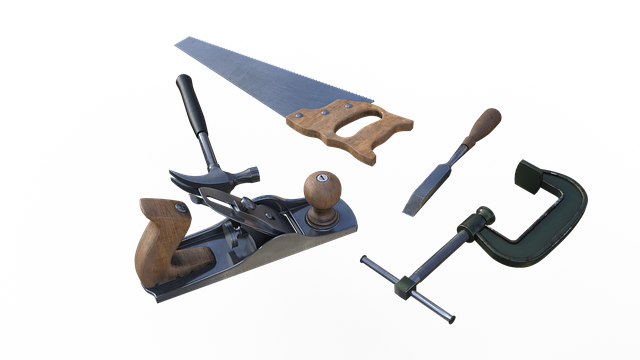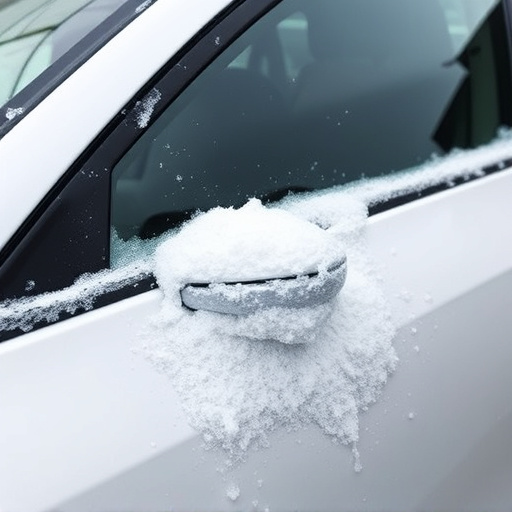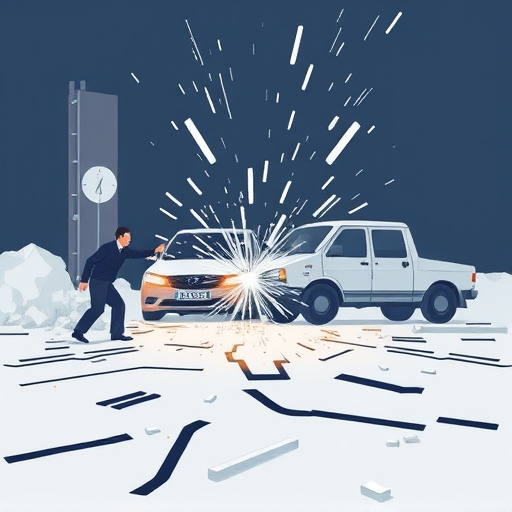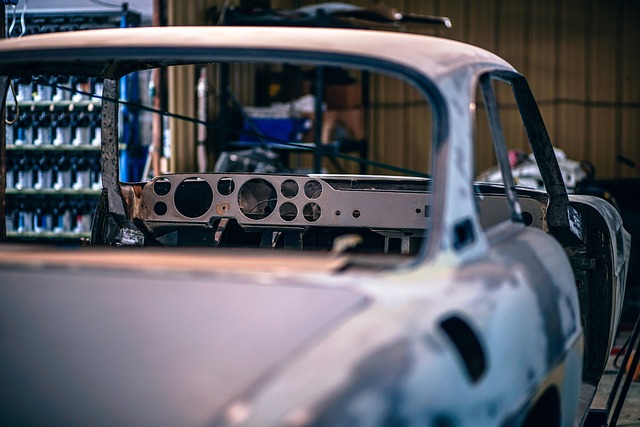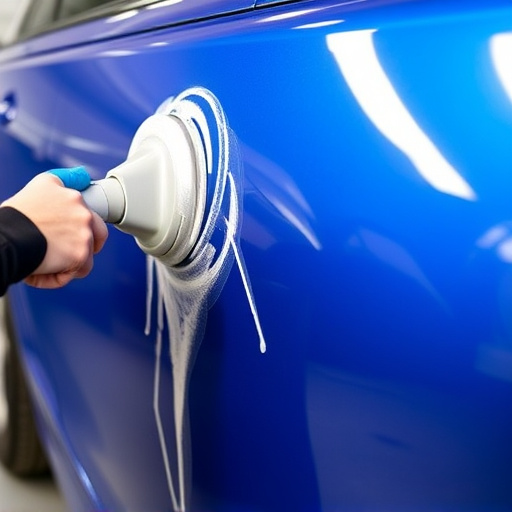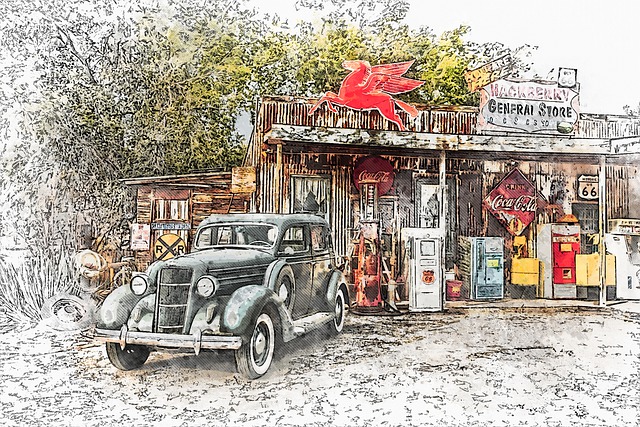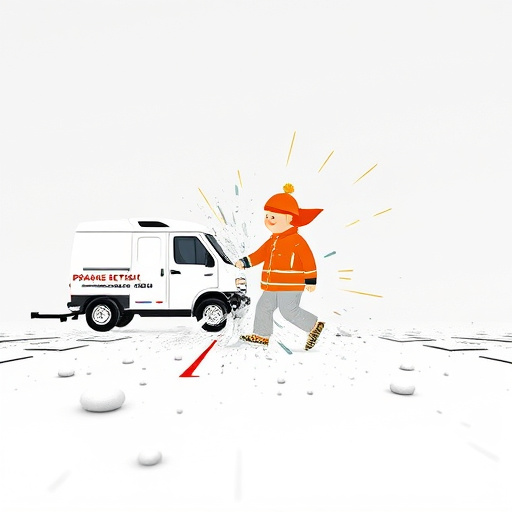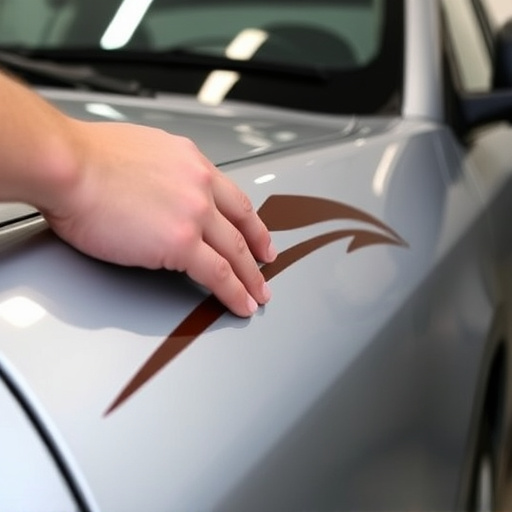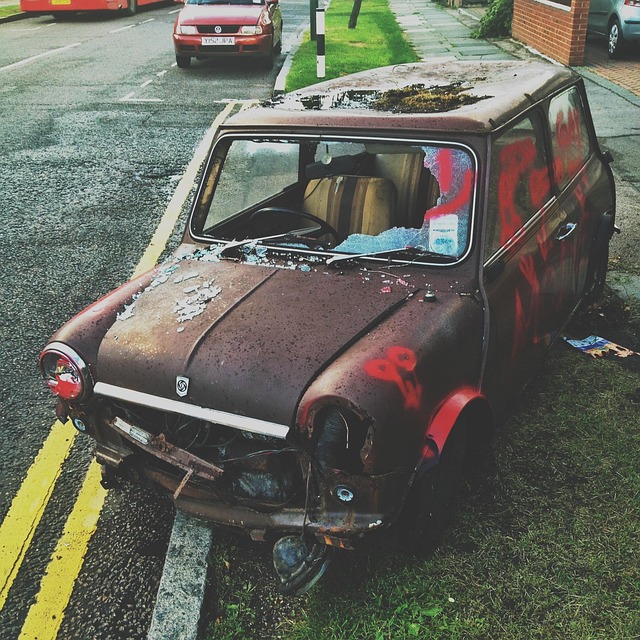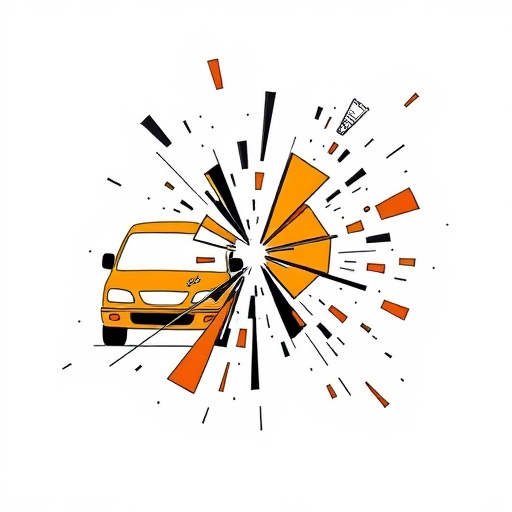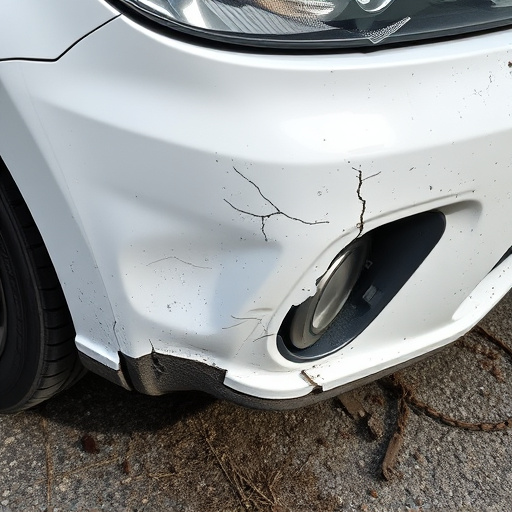Collision repair standards set by organizations like ICAR serve as a foundational framework for technician training, dictating best practices and safety protocols. Educational institutions integrate these standards into curricula, empowering students to address diverse bodywork issues from minor dents to complex structural damage. Continuous improvement and specialized training ensure technicians master techniques like frame straightening, panel replacement, and paint restoration, adhering to strict quality control measures as industry benchmarks evolve.
Collision repair standards are the backbone of ensuring high-quality and safe vehicle restoration. In an industry that evolves with technological advancements, staying aligned with these standards is paramount. This article explores how collision repair standards influence technician training, focusing on three key aspects: understanding foundational standards, developing technical skills to meet industry benchmarks, and fostering continuous improvement through targeted training programs. By adhering to these guidelines, training institutions equip technicians with the necessary knowledge and skills to excel in their careers.
- Understanding Collision Repair Standards: A Foundation for Training
- Technical Skills: Adapting to Industry Standards in Education
- Continuous Improvement: Training's Role in Meeting Standardized Goals
Understanding Collision Repair Standards: A Foundation for Training

Collision repair standards serve as the bedrock upon which technician training is built. These standards, established by organizations like ICAR (International Automotive Collision Repair & Refinish Association), outline best practices and safety protocols for auto body repairs. Understanding these standards is paramount for any aspiring or practicing auto repair technician. It ensures that repairs are not only effective but also safe and consistent, maintaining the original vehicle integrity.
By aligning training programs with collision repair standards, schools and workshops equip technicians with the knowledge to handle a wide range of car bodywork issues. This includes everything from minor dents and scratches to complex structural damage. Such comprehensive training is crucial for the industry’s growth and the safety of those relying on auto repair services, making it essential for any reputable “auto repair near me” or auto maintenance facility.
Technical Skills: Adapting to Industry Standards in Education

In the dynamic field of auto body repair, staying aligned with collision repair standards is paramount. Educational institutions play a crucial role in preparing technicians by integrating these industry benchmarks into their curricula. This ensures that students gain practical skills relevant to the real-world demands of body shop services and collision repair centers. By adapting training programs to reflect current collision repair standards, schools empower their graduates to excel in this ever-evolving industry.
Technicians must master a variety of technical skills, from precision measuring techniques to advanced welding methods, all geared towards achieving flawless repairs. Educational institutions that stay abreast of these standards provide students with the knowledge and hands-on experience needed to confidently tackle complex auto collision repair tasks. This alignment between education and industry ensures that technicians are job-ready and capable of delivering high-quality body shop services upon graduation.
Continuous Improvement: Training's Role in Meeting Standardized Goals

In the realm of collision repair, continuous improvement is paramount to maintaining high-quality standards and ensuring customer satisfaction. Training plays a pivotal role in achieving these goals by equipping technicians with the latest knowledge and skills aligned with collision repair standards. As industry benchmarks evolve, training programs must adapt to incorporate new techniques, technologies, and safety protocols, fostering an environment of constant learning and enhancement.
Technician training acts as a catalyst for meeting standardized goals by providing practical knowledge in areas such as frame straightening, panel replacement, and paint restoration. It equips professionals in collision repair services with the ability to perform accurate assessments, employ advanced tools, and adhere to strict quality control measures. An auto collision center’s commitment to comprehensive training reflects its dedication to delivering exceptional collision repair services while adhering to industry best practices.
Collision repair standards play a pivotal role in shaping technician training, ensuring that professionals are equipped with the necessary skills and knowledge to meet industry expectations. By understanding these standards, educational institutions can adapt their curricula to include relevant technical skills, fostering better-prepared graduates. Moreover, continuous improvement through training programs enables technicians to stay abreast of evolving collision repair standards, contributing to higher-quality repairs and customer satisfaction in today’s automotive industry.


